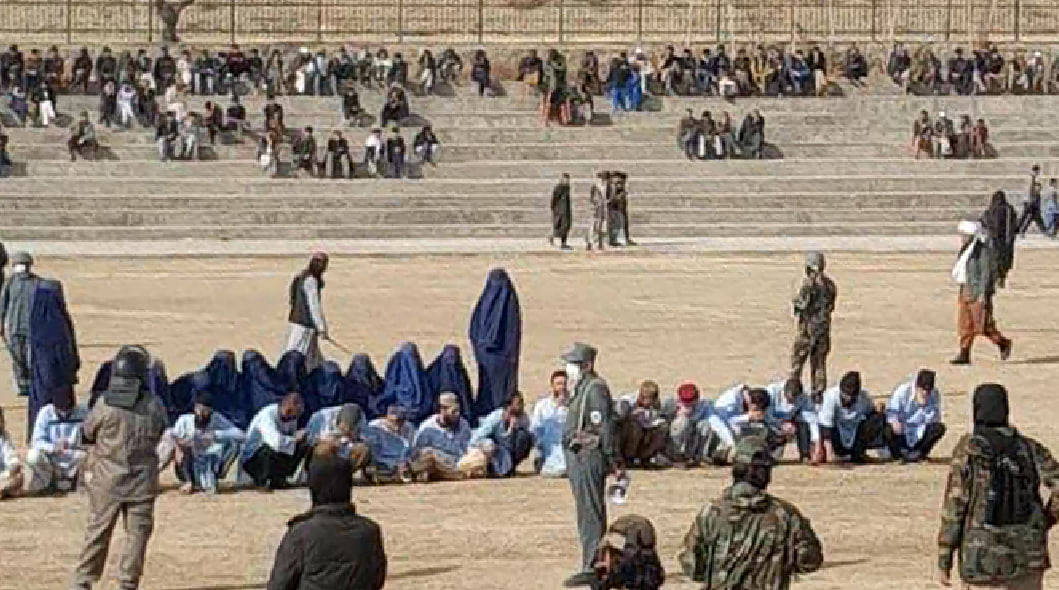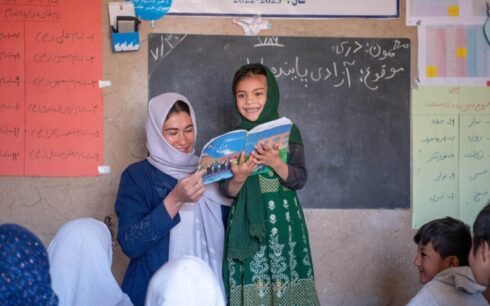GENEVA — United Nations experts, including Special Rapporteur Richard Bennett, on Thursday called on the Taliban to immediately halt all “inhumane punishments” in Afghanistan, including public executions and corporal punishment, after four executions were carried out in a single day last week.
The executions, carried out last Friday in the provinces of Badghis, Farah and Nimroz, bring the number of reported public executions in Afghanistan since the Taliban’s return to power in August 2021 to at least 10.
“We condemn these public executions, which constitute a violation of international law and an attack on human dignity,” the U.N. experts said in a statement. “Turning executions into public events can never be justified, not even on religious grounds. It normalizes brutality, desensitizes communities to violence, and creates a climate of fear and intimidation.”
The experts warned that Friday’s executions represent a troubling increase in the Taliban’s use of capital punishment. They urged the Taliban to impose an immediate moratorium on the death penalty, with a view toward its full abolition.
The experts also expressed deep concern over the Taliban’s continued use of corporal punishment, mainly public lashings, in violation of international human rights standards. Such punishments have been imposed for alleged offenses such as sodomy, running away from home, and “illicit relationships.”
Since the beginning of 2025, at least 213 people — 169 males and 44 females — have been subjected to corporal punishment, according to the Taliban’s Supreme Court. In the days following the most recent executions, at least 19 more individuals, including five women, were flogged.
The U.N. experts raised alarm about the lack of clarity over whether individuals’ age, mental health, or intellectual disabilities were considered by Taliban courts before imposing sentences.
“Regardless of the crime, under no circumstances should children — those under the age of 18 at the time of the alleged offense — or individuals with serious psychosocial or intellectual disabilities be sentenced to death,” the experts said.
They emphasized that the executions and punishments were taking place against a backdrop of serious concerns over access to justice and systemic human rights abuses under Taliban rule, including the institutionalized oppression of women and girls.
“Capital and corporal punishment are incompatible with international human rights obligations, particularly in the absence of due process guarantees,” they said.
The experts stressed that the Taliban’s justice system lacks independence and procedural safeguards necessary to meet minimum standards of justice. “Given the absence of a constitution and clear, applicable laws, we are particularly concerned about the fair trial rights and access to justice for women, girls, and boys,” they added.
“The Taliban must immediately stop capital punishment and all forms of corporal punishment that constitute torture or cruel, inhuman or degrading treatment, and respect the rights and dignity of all detainees,” the experts said.




